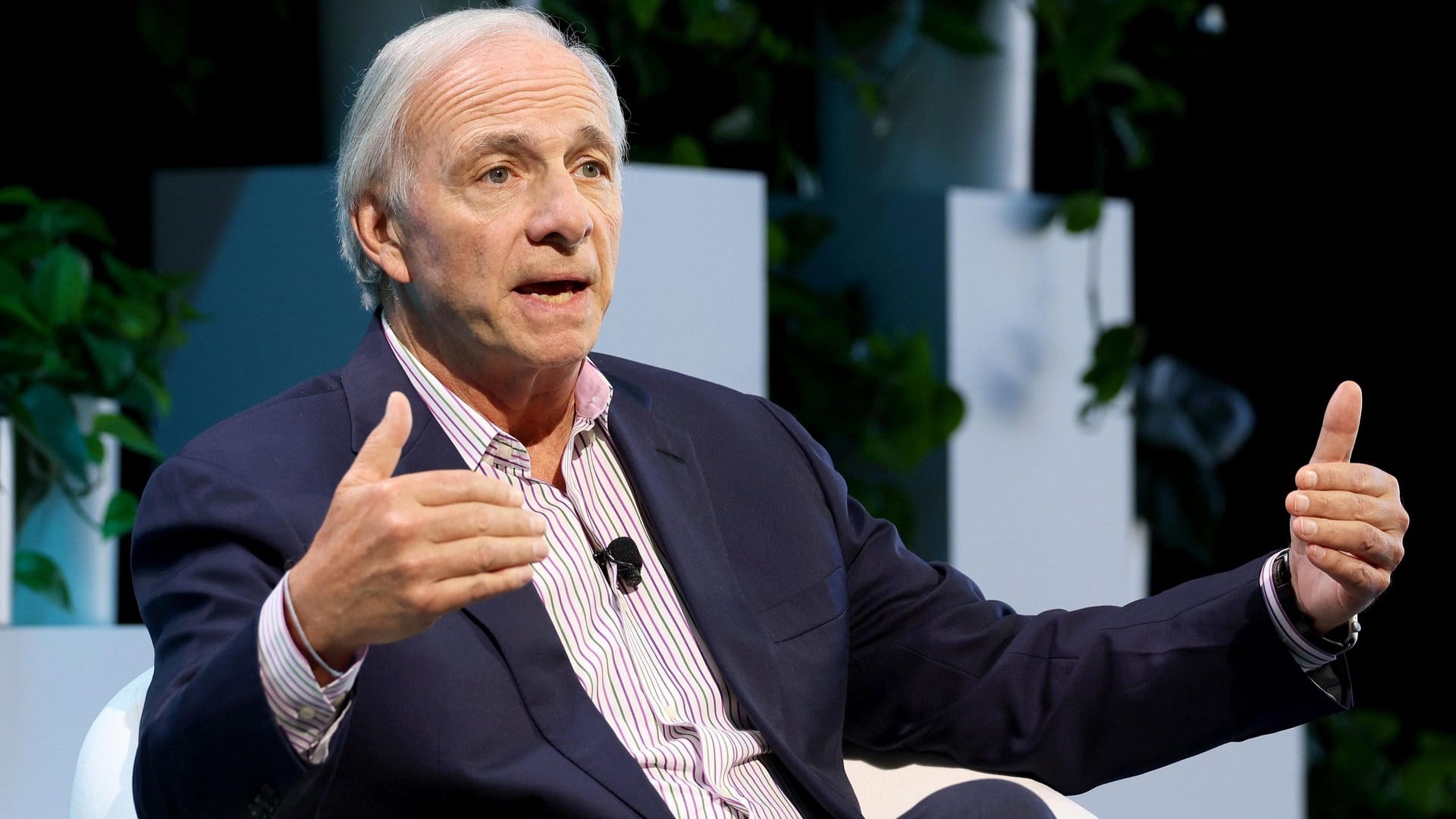Ray Dalio Warns US Debt Threatens Dollar’s Dominance While Boosting Bitcoin and Gold

Ray Dalio, the billionaire founder of Bridgewater Associates, has issued a warning about the growing threat of U.S. government debt to the dollar’s status as the world’s reserve currency, a concern he sees as far more pressing than deregulation. In a recent response to the Financial Times, Dalio clarified his views after accusing the outlet of misrepresenting his stance. He emphasized that fiscal excesses in the U.S. and other major economies are eroding trust in fiat currencies, pushing investors toward alternatives like gold and cryptocurrencies, particularly Bitcoin. This shift, he noted, mirrors historical trends seen in the 1930s, 1940s, 1970s, and 1980s, when economic instability drove demand for hard assets.
Dalio’s remarks highlight a growing unease among investors about the sustainability of the U.S. financial system as national debt continues to climb. He pointed out that the dollar’s appeal as a store of wealth is weakening due to persistent money printing and rising deficits. This environment, he argued, is fueling interest in assets with limited supply, such as Bitcoin, which he described as a viable alternative currency. While not predicting that cryptocurrencies will supplant the dollar, Dalio suggested that their fixed supply makes them attractive to investors seeking protection against currency devaluation.
Stay In The Loop and Never Miss Important Bitcoin News
Sign up and be the first to know when we publishDebt Cycles and the Rise of Hard Assets
The investor framed the current economic landscape as part of a late-stage debt cycle, where policymakers face a difficult choice between raising interest rates, which could trigger a default crisis, or printing more money, further eroding the dollar’s value. This dynamic, he warned, undermines confidence in fiat systems and drives diversification into hard currencies like gold and Bitcoin. Dalio, who has previously recommended allocating 15% of a risk-adjusted portfolio to these assets, confirmed that he personally holds Bitcoin, underscoring its role as a hedge against fiscal mismanagement. He also addressed concerns about stablecoins, noting that their reliance on U.S. Treasuries does not pose systemic risks if properly regulated, though their value remains tied to the health of U.S. fiscal policy.
Dalio’s analysis extends beyond cryptocurrencies to broader economic and geopolitical challenges. He drew parallels to the late 1920s and 1930s, citing rising populism, geopolitical tensions, and technological disruptions as forces reshaping the global order. The weakening independence of the Federal Reserve and increasing government intervention in markets further exacerbate these risks, he argued. Dalio also highlighted the intersection of debt, politics, climate change, and artificial intelligence as catalysts for significant changes in the coming years, urging policymakers to address these issues to prevent further erosion of the monetary system.
The billionaire’s comments come at a time when Bitcoin and other cryptocurrencies are gaining traction as alternative stores of value. With Bitcoin’s fixed supply of 21 million coins, it stands out as a prominent example of a scarce asset in an era of expanding money supply. Dalio’s endorsement of Bitcoin as “hard money” aligns with his broader concerns about the fragility of fiat currencies in high-debt environments.

